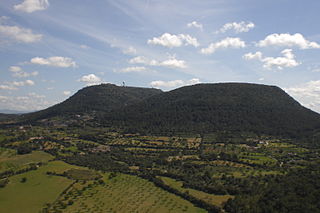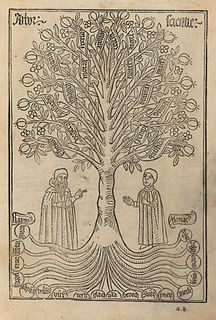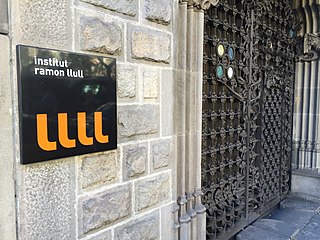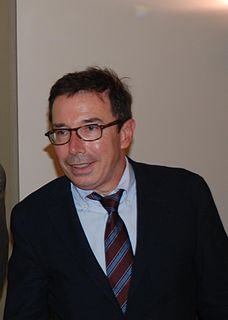
Catalan Countries refers to those territories where the Catalan language, or a variant of it, is spoken. They include the Spanish regions of Catalonia, Valencia, the Balearic Islands and parts of Aragon and Murcia, as well as Roussillon in France, the Principality of Andorra, and the city of Alghero in Sardinia (Italy). In the context of Catalan nationalism, the term is sometimes used in a more restricted way to refer to just Catalonia, Valencia and the Balearic Islands. The Catalan Countries do not correspond to any present or past political or administrative unit, though most of the area belonged to the Crown of Aragon in the Middle Ages. Parts of Valencia (Spanish) and Catalonia (Occitan) are not Catalan-speaking.

Josep Bargalló i Valls is a Catalan teacher, politician and the current Minister of Education of Catalonia.

Ramon Llull University is a private university located in Barcelona, Catalonia, Spain established in 1990. Currently it is formed by several different colleges specialized in different topics, most of which are located in downtown Barcelona.

Algaida is a municipality on the Spanish Balearic island of Majorca. It has an area of 89.70 km² with 4,528 inhabitants.

The University of the Balearic Islands is a Balearic Spanish university, founded in 1978 and located in Palma on the island of Majorca.

Lullism or llullism is an esoteric philosophy originally developed by Ramon Llull (1232-1316). Based on a search for truth in all areas of knowledge, Lullism stems from the belief that both mundane secrets and celestial levels of existence can be deciphered by manipulating the letters of the alphabet. In addition to his philosophies of mysticism, manuscripts show that Llull anticipated prominent work on elections theory several centuries ahead of his time. Further, he is considered a pioneer of the computational theory due to his influence on Gottfried Leibniz.
The Xarxa Vives d'Universitats, formerly known as Institut Joan Lluís Vives, is the network of Catalan language universities.
A zairja was a device used by medieval Arab astrologers to generate ideas by mechanical means. The name may derive from a mixture of the Persian words zaicha and daira ("circle").

The Institut Ramon Llull (IRL) is a Catalan organization constituted in 2002 in order to "promote Catalan language and culture internationally". Created in 2002, it is a consortium based in Barcelona that -in 2018- comprises the Generalitat de Catalunya, Balearic Islands Government and the Barcelona City Council, and its mission is the promotion of Catalan language and culture abroad. Its Director since September 2018 is Iolanda Batallé.
Puig is a word of Catalan origin, meaning "hill" or "mountain". Hence, in Catalan-speaking areas, it appears in the names of numerous people and geographical features:
The Fundació Ramon Llull, also known by the acronym FRL, is an international organization constituted in 2008 in order to promote Catalan language and culture internationally. Its members are the following institutions from countries and regions where Catalan language is spoken: the Government of Andorra, the Ramon Llull Institute, the General Council of the Pyrénées-Orientales, the city council of Alghero and the Network of Valencian Cities.
Ramon Llull may refer to:
A Natural Area of Special Interest is a protected area within the Balearic Islands, Spain that is below the level of a natural park.
Jordi Rubió i Balaguer was a Catalan philologist and librarian.
Peter of Limoges was the author of A Moral Treatise on the Eye or On the Moral Eye, a popular guide for Catholic priests, composed at the University of Paris sometime in the 1270s or '80s. The work depended heavily on Roger Bacon's earlier treatment of optics.

Àlex Susanna i Nadal is a writer, critic and cultural administrator. He currently holds the director of the Institut Ramon Llull, a public body whose mission is to raise the profile of the Catalan language and culture on the international scene.

The Palau Baró de Quadras is a small modernista palace located in Barcelona on Avinguda Diagonal, equidistant from La Pedrera and Casa de les Punxes. It was built by the Catalan architect Josep Puig i Cadafalch between 1904 and 1906. In 1976 it was designated as Nacional National Historical Monument of Artistic Interest. Currently houses the main offices of the Institut Ramon Llull.
Iolanda Batallé is a Catalan writer and editor. Since September, 2018 is the Director of Institut Ramon Llull.












